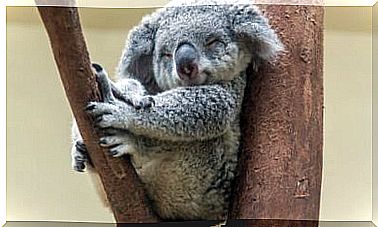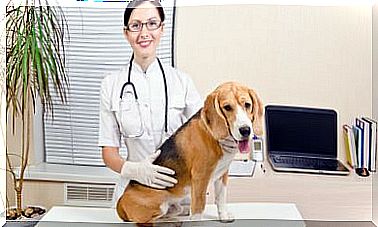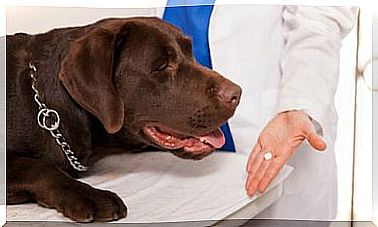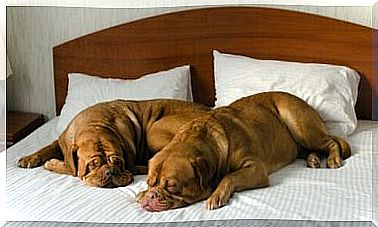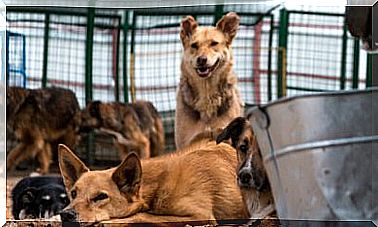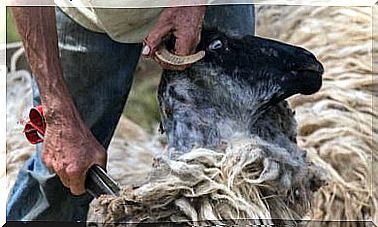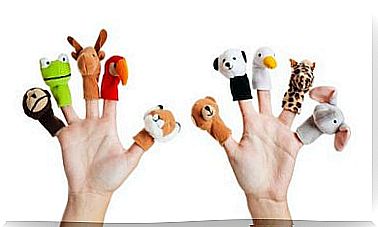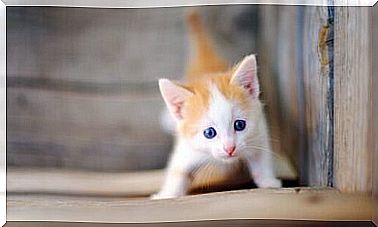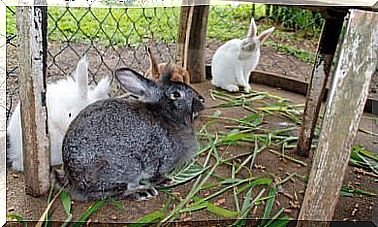Symptoms Of Constipation In Cats And Possible Causes
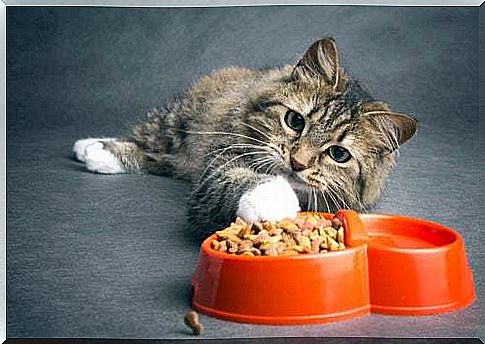
In practice, the most obvious symptom of constipation in cats is difficulty or inability to defecate. For this reason, most owners recognize the symptoms of constipation in cats when they notice the absence of feces when cleaning the litter box.
While it may be unpleasant, it is important to check your cat’s litter box daily for any abnormalities. However, constipation can also lead to some changes in feline behavior, as well as changes in their feces. In this article, we will look at the main symptoms of constipation in cats together.
Main symptoms of constipation in cats
Here are some symptoms that indicate your cat is suffering from constipation:
- He lies down, sleeps, or spends many hours in the litter box.
- Rejects the litter box.
- Defecate or try to do it outside the litter box.
- Swelling, tenderness or pain in the abdomen.
- Constantly meows, cries, or whines (even when using the litter box).
- Weight loss and appetite.
- Neglect of body hygiene and the hygiene of your environment.
- Vomits.
- It produces drier, harder and smaller stools.
- Presence of blood or mucus in the stool.
- Behavioral disorders: irritability, excessive fatigue, depression, lethargy, aggression, etc.
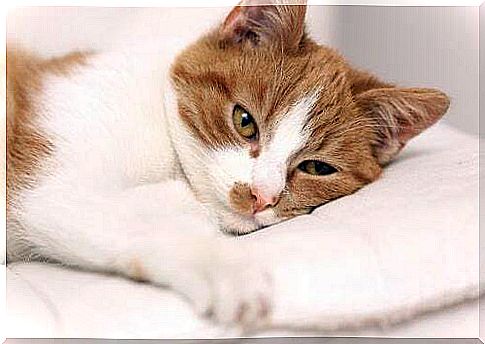
Possible causes of constipation in cats
Constipation in cats can have various causes, depending on their lifestyle and body. Therefore, if you think your cat is constipated, it is essential to take him to the vet immediately.
During the visit, the vet will be able to check the state of health, identify the specific causes and recommend a treatment adapted to the needs of your feline friend. To help you better understand the symptoms of constipation in cats, we summarize the most common causes below:
Food problems
- Low-fiber diet: A low-fiber or too dry diet is a major cause of constipation in cats. Therefore, the introduction of fresh and natural foods, as well as the adoption of a home diet, are usually very effective measures to improve the intestinal transit of felines.
- Poor hydration : Cats who drink little water are more likely to suffer from constipation. But poor hydration can lead to other, more troubling complications, such as urinary problems and kidney failure. For this reason, it is essential to keep the cat well hydrated throughout the year, especially with the arrival of summer. In addition to leaving clean and fresh water always within reach, you can also offer wet food, pate or refreshing recipes, such as tasty homemade popsicles.
Other issues
- Intestinal hairballs : The accumulation of hairballs in the gastrointestinal tract of felines can cause various types of digestive disorders. To prevent them, it is essential to brush your cat regularly with the appropriate utensils. Malt, for example, is a simple and natural solution to help cats naturally eliminate and release balls accumulated in the stomach.
- Stress : Stress is one of the most common causes of constipation in cats. There are many factors that can generate stress in cats, such as poor physical or mental stimulation or changes in their environment, among others.
- Foreign bodies in the digestive tract : If the cat accidentally ingests a toy or other foreign body, this can obstruct the gastrointestinal tract and prevent proper intestinal transit. To avoid this, it is important not to offer toys or accessories with small parts, but also loose fabrics or strings, etc.
- Home Adjustment Issues : When a cat comes to a new home or experiences a change, they will need to take their time to adjust to this new environment.
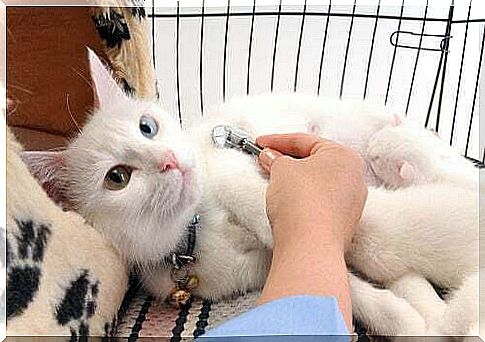
The location of the litter box and other pathological causes of constipation
During the first few days or weeks, it is possible that the cat is afraid, avoids going to the litter box and prefers to spend most of the day hidden. It is also possible that there is a problem with the location of the litter box, for example, if it is too close to its feeding or resting area.
- Negative Experiences : Some cats may develop fear and even litter box phobia from having negative experiences associated with this item. In addition to avoiding the use of the litter box, the cat may show negative and exaggerated reactions when looking at a litter box or other similar object.
- Pathological Causes : Certain diseases and inflammations of the digestive tract can lead to difficulty in defecating and changes in your cat’s faeces.
In addition, there are some neurological problems that are usually associated with constipation in cats. Therefore, it is worth reinforcing the need to take him to the vet and identify any changes in the stool.
